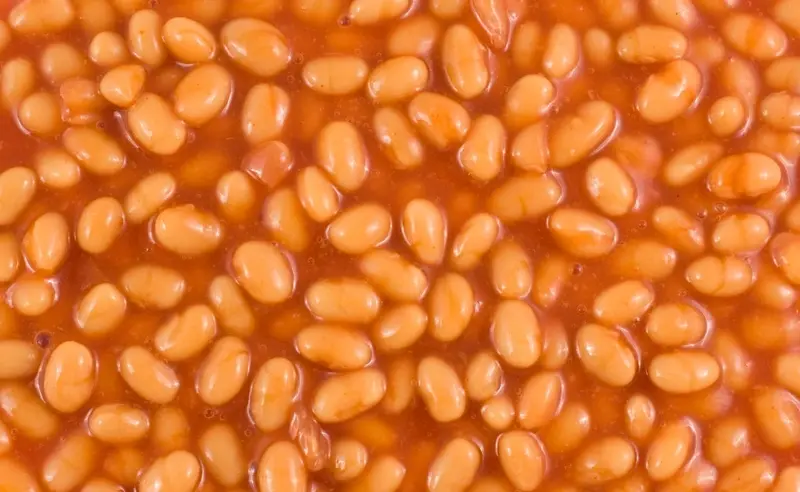
Packaged consumer goods powerhouse Unilever (ULVR) leaps 14% higher to £38.14 on news US foods giant Kraft Heinz (KHC:NDQ) has proposed a merger to bring together brands including Heinz ketchup and Dove soap.
Pittsburgh-based Kraft, whose brands include Philadelphia cheese and Heinz baked beans, says Magnum ice creams-to-Marmite supplier Unilever has declined an initial offer.
Unilever says it doesn't see any 'merit, either financial or strategic' for its shareholders, implying it doesn't want to hold further talks.
However, should it be convinced otherwise, this would be the biggest takeover ever in the food and beverage industries.
OPENING SALVO
The feverish share price reaction reflects the fact that Kraft Heinz looks confident of getting Unilever on its side.
The initial offer was pitched at $50 per share, split into $30.23 per share in cash payable in US dollars and the rest in shares.
Responding to speculation in the Financial Times’ Alphaville column via a curt statement, Kraft Heinz ‘confirms that it has made a comprehensive proposal to Unilever about combining the two groups to create a leading consumer goods company with a mission of long-term growth and sustainable living.
‘While Unilever has declined the proposal, we look forward to working to reach agreement on the terms of a transaction.’
Kraft Heinz, whose shares trade 4.2% lower at $87.28 across the pond, adds: ‘There can be no certainty that any further formal proposal will be made to the Board of Unilever or that an offer will be made at all or as to the terms of any transaction.’
The bidder is itself the product of a merger, forged by a $55bn combination orchestrated by Warren Buffett’s Berkshire Hathaway (BRK:A) and 3G, which had teamed up two years earlier on a buyout of H.J. Heinz.
COMPETITION CONCERNS?
Neil Wilson of ETX Capital comments: ‘Unilever is a £100bn+ company and this would be one of the biggest corporate tie-ups on record.
‘Unilever rejected the bid but Kraft is likely to make another bid for more cash. It could be a very expensive strategy by Kraft but there is plenty of easy wins in terms of combining operations. Just as well Warren Buffett’s pockets are deep.’
However, he continues: ‘Few initial thoughts - would competition authorities let this one through? It could come up against a number of hurdles as it would create a giant in the sector. EU regulators in particular could be against it.
‘Kraft Heinz has the experience to drive the integration. Costs synergies are the name of the game - combing ops and supply chains. Both are coming into this on the back foot a touch.
‘Unilever sales growth has slowed and come in below expectations while Kraft posted a 3.7% drop in the fourth quarter.
‘The combined entity would have a huge brand footprint and be able to flex bargain muscles even more with supermarkets. As seen vis-à-vis Unilever-Tesco this could be useful.’
Liberum Capital, a recent seller of Unilever, responds to the stunning news with the following: ‘While Unilever has declined the proposal, we note Kraft Heinz’s backers 3G Capital and Warren Buffet’s Berkshire Hathaway have a history of undertaking significant industrial combinations.’
INDUSTRY PRESSURES
Paul Hickman, analyst at Edison Investment Research, says: ‘Kraft Heinz’s approach demonstrates the pressure on brand owners to consolidate in the face of international pressure on margins and constraints to organic growth opportunities.
‘With about 70% of revenue from Europe and Asia, Unilever’s markets are complimentary to Kraft Heinz, which has around 70% in the US. Inevitably, Kraft Heinz will not have led with its best offer and a protracted negotiation probably lies ahead.’
Last year, Unilever lost a public relations battle with Tesco (TSCO) when it suggested it would hike prices of products including Marmite and PG Tips due to the falling pound, a scandal dubbed ‘Marmitegate’.
In January, the Paul Polman-steered colossus behind brands including Domestos and Ben & Jerry’s disappointed with weaker-than-expected fourth quarter organic sales growth of 2.2%, hurt by slowing emerging markets growth.
Polman also said he expected ‘a slow start’ to 2017, with growth improving as the year progresses.




